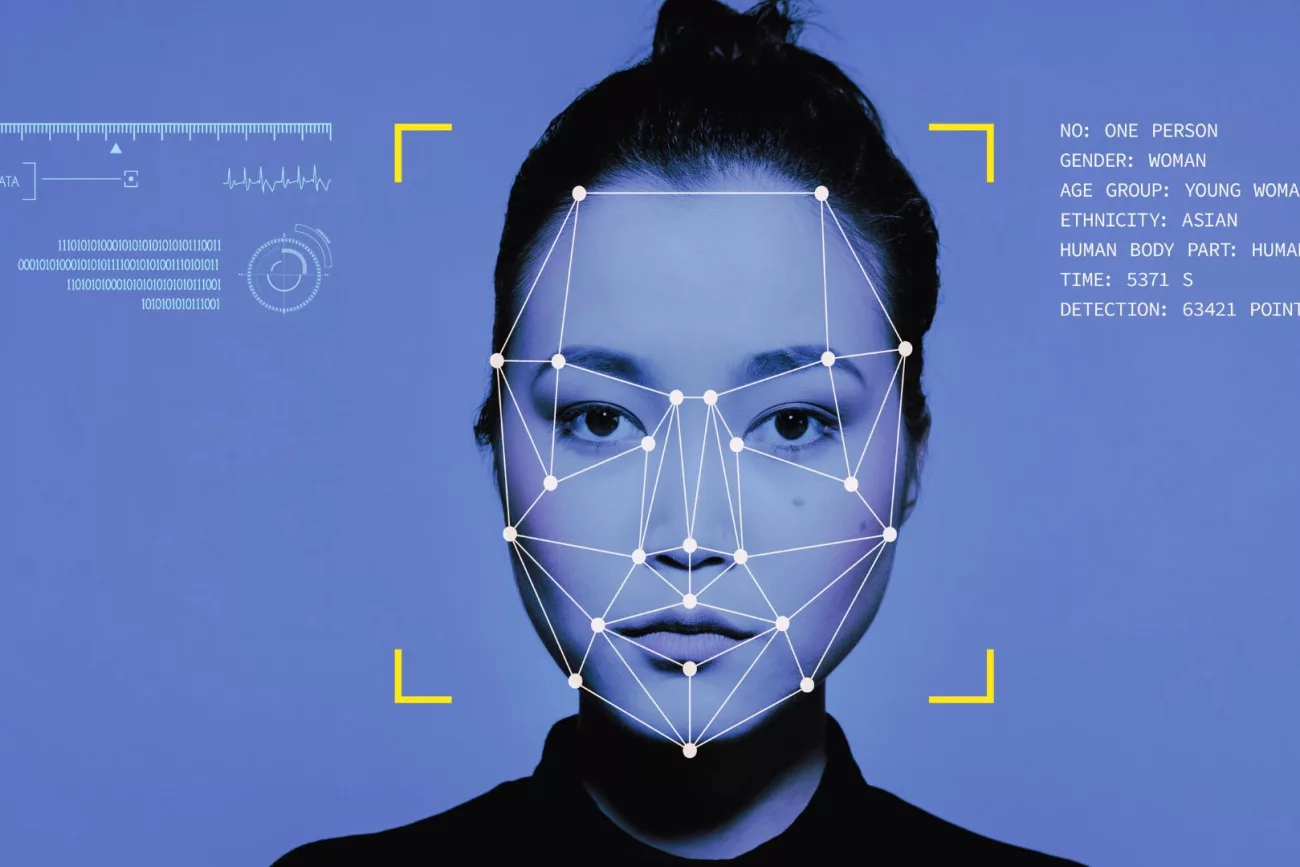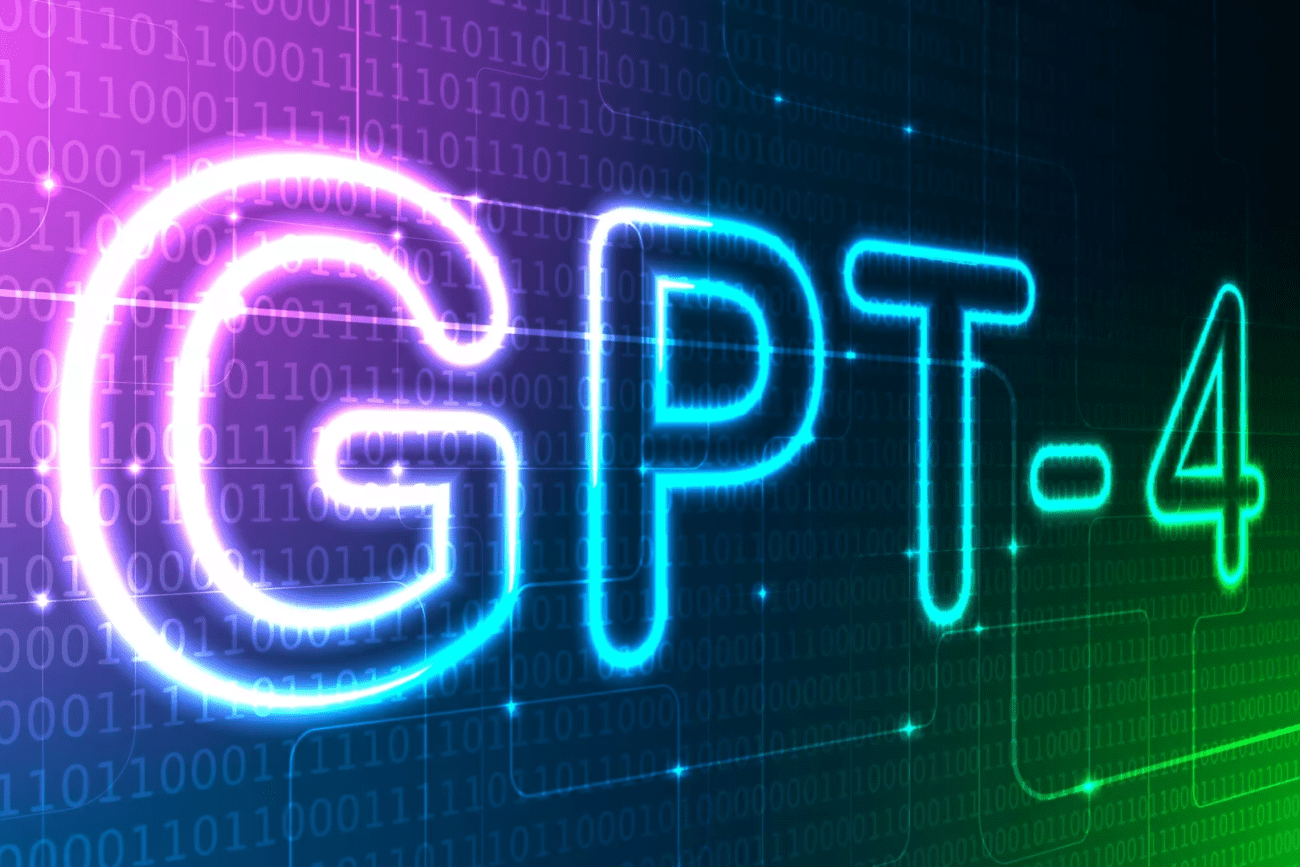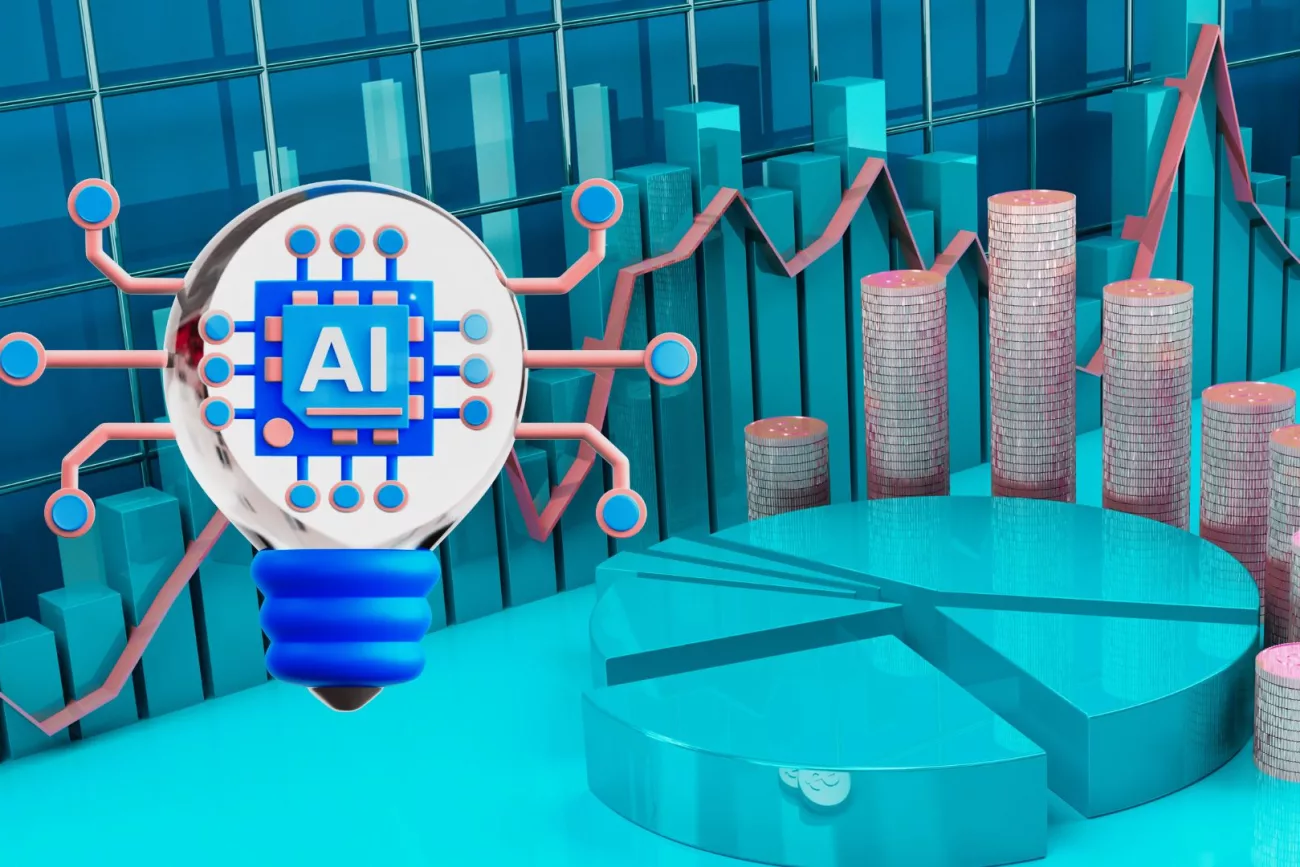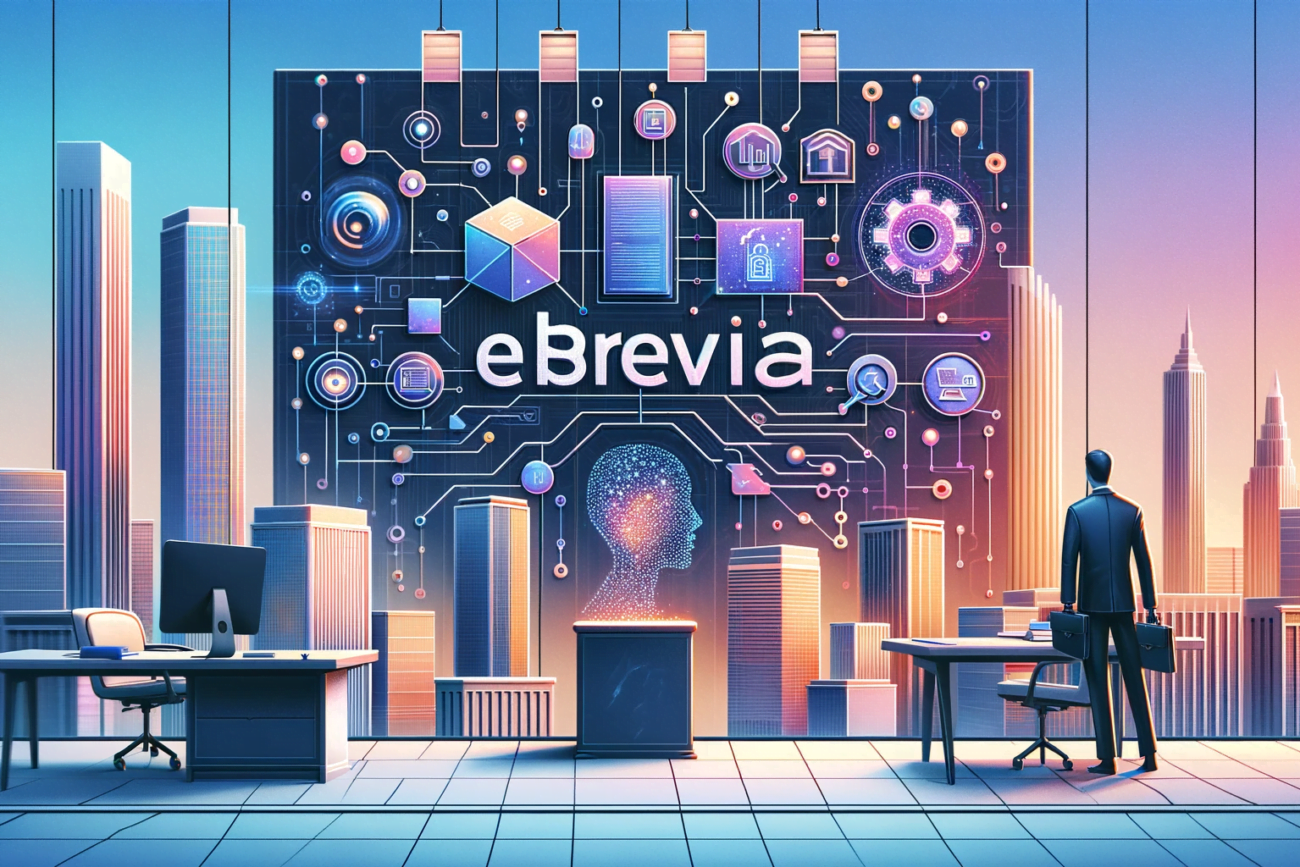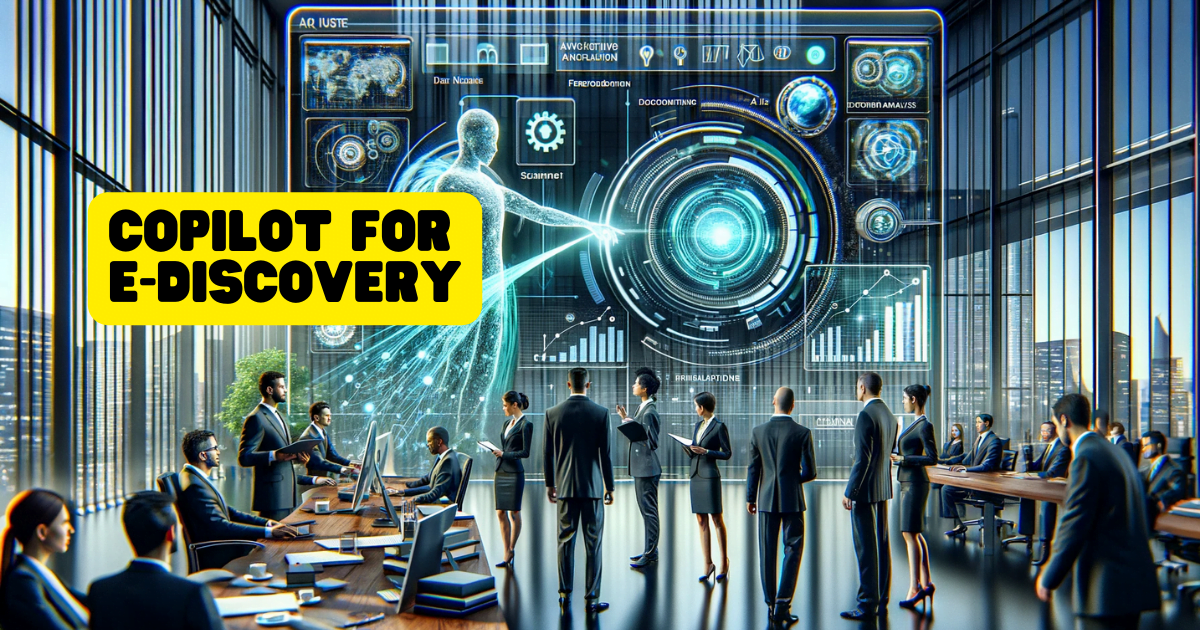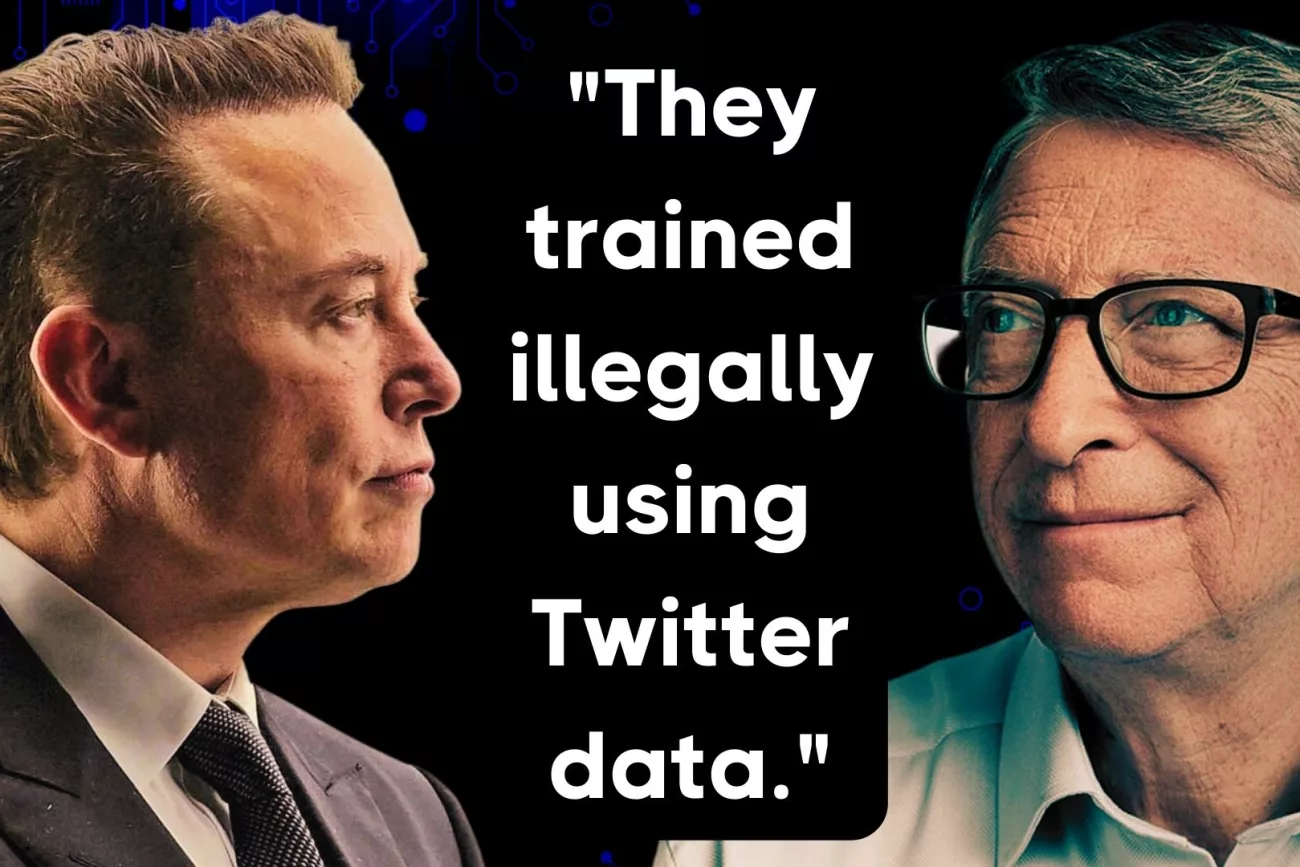
Key Points:
- Elon Musk hints at suing OpenAI, company he co-founded, and plans to launch rival AI, TruthGPT.
- Musk criticizes ChatGPT for alleged political bias and calls for AI regulation.
- OpenAI CEO Sam Altman defends company, stressing safety measures taken before ChatGPT release.
- AI’s potential impact on society ignites discussions on responsible development and oversight.
The High Stakes of AI Development: A Race to the Future
The ongoing feud between Elon Musk and OpenAI raises important questions about the future of AI development and its implications for society. As AI technologies advance at breakneck speed, the stakes for ethical, transparent, and accountable development have never been higher.
Musk’s concerns over AI safety and his skepticism of OpenAI’s commitment to these principles have prompted him to take matters into his own hands. By creating TruthGPT, he aims to establish an alternative AI solution that puts truth-seeking and understanding of the universe at its core.
Public Opinion: A Divided Audience
As news of Musk’s potential lawsuit against OpenAI and the impending launch of TruthGPT spreads, public opinion is sharply divided. Some see Musk’s move as a bold and necessary step towards ensuring AI safety and transparency, while others view it as an attempt to capitalize on the AI hype and further expand his already extensive business empire.
Regardless of where one stands, it’s clear that the unfolding drama between Musk and OpenAI is capturing the world’s attention. This increased scrutiny may force AI developers, investors, and regulators to reassess their approach to AI research and innovation, potentially leading to more robust safeguards and ethical guidelines.
A Turning Point for AI: Shaping the Path Forward
The rivalry between Elon Musk and OpenAI may ultimately prove to be a defining moment in the ongoing evolution of AI. As the controversy unfolds, it serves as a reminder of the immense power and potential of AI technology, as well as the need for vigilance in ensuring its safe and responsible development.
As TruthGPT enters the arena, the AI landscape could experience a dramatic shift, with new players and perspectives influencing the future direction of the field. The outcome of this high-stakes confrontation may not only shape the trajectory of AI development but also redefine humanity’s relationship with the technology that has the potential to transform our world.
AI’s Ethical Challenges: A Growing Concern
Elon Musk’s dispute with OpenAI is not an isolated incident. The ethics of AI development have become a topic of intense debate as researchers and companies push the boundaries of AI capabilities. High-profile cases like Facebook’s Cambridge Analytica scandal and Google’s Project Maven highlight the challenges in balancing the pursuit of advanced AI with the need to maintain ethical standards.
These controversies underscore the importance of accountability and transparency in AI development, as well as the need for robust ethical guidelines to ensure that AI technologies serve the greater good.
The Role of Regulation: A Delicate Balance
Governments around the world are grappling with the challenge of regulating AI development. While the European Union has proposed strict new AI regulations aimed at ensuring transparency, accountability, and human rights protection, the United States has taken a more laissez-faire approach, with the White House issuing a set of AI principles that prioritize innovation and economic growth.
This divergence in regulatory approaches highlights the global challenge of finding a balance between fostering AI innovation and ensuring its ethical development. The unfolding Musk-OpenAI saga may prompt policymakers to reconsider their regulatory strategies, potentially leading to a more harmonized global approach to AI governance.
AI in the Real World: Promises and Perils
The rapid advancement of AI technologies has given rise to numerous real-world applications with both promising and potentially perilous consequences. AI’s potential to revolutionize industries like healthcare, transportation, and finance is tempered by concerns over privacy, security, and job displacement.
AI-powered medical diagnostics tools like Zebra Medical Vision are already helping doctors identify diseases more accurately, while self-driving cars from companies like Tesla and Waymo promise to transform transportation by improving safety and efficiency. However, these advances come with the risk of job loss in industries like trucking and taxi services.
In the realm of finance, AI-powered trading algorithms and robo-advisors have the potential to democratize access to investment advice and optimize financial decision-making. At the same time, the increasing reliance on AI in financial systems raises concerns about systemic risks, market manipulation, and the potential for AI-driven financial crises.
As AI continues to permeate every aspect of our lives, striking a balance between harnessing its potential and addressing its risks becomes a crucial challenge for society.
Collaboration vs. Competition: Shaping the AI Ecosystem
The rivalry between Elon Musk and OpenAI underscores a broader debate over the role of collaboration and competition in AI development. While competition can spur innovation and drive technological progress, collaboration is often necessary to address shared challenges and ensure responsible AI development.
Organizations like Partnership on AI, which brings together companies like Google, Facebook, IBM, Microsoft, and Amazon, are working to foster collaboration and shared learning to address the ethical, social, and economic implications of AI. However, the competitive nature of the AI race and the high stakes involved can create tensions that hinder cooperative efforts.
The Musk-OpenAI clash serves as a reminder of the need for both collaboration and competition in AI development, as well as the importance of establishing an ecosystem that balances these two forces to promote responsible innovation.
Conclusion: A Defining Moment for AI and Society
As the drama between Elon Musk and OpenAI continues to unfold, it captures the imagination of the public and shines a spotlight on the ethical, social, and economic implications of AI. The outcome of this high-stakes confrontation has the potential to redefine the future of AI development and humanity’s relationship with this transformative technology.
At its core, the Musk-OpenAI saga serves as a timely reminder of the immense power and potential of AI, as well as the need for vigilance in ensuring its safe and responsible development. As we forge ahead into an AI-driven future, the lessons learned from this clash of titans may prove instrumental in shaping the trajectory of AI innovation and its impact on our world.



